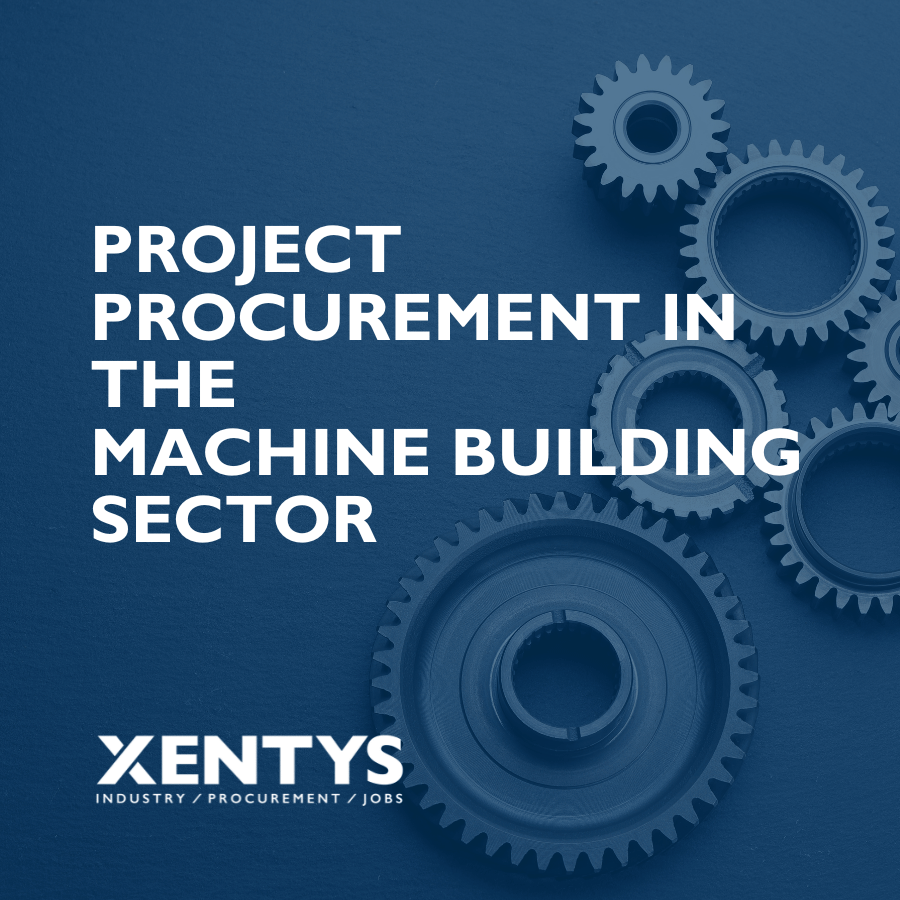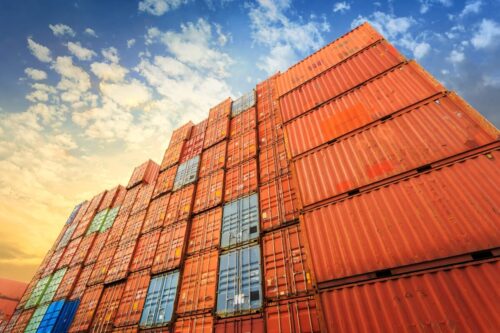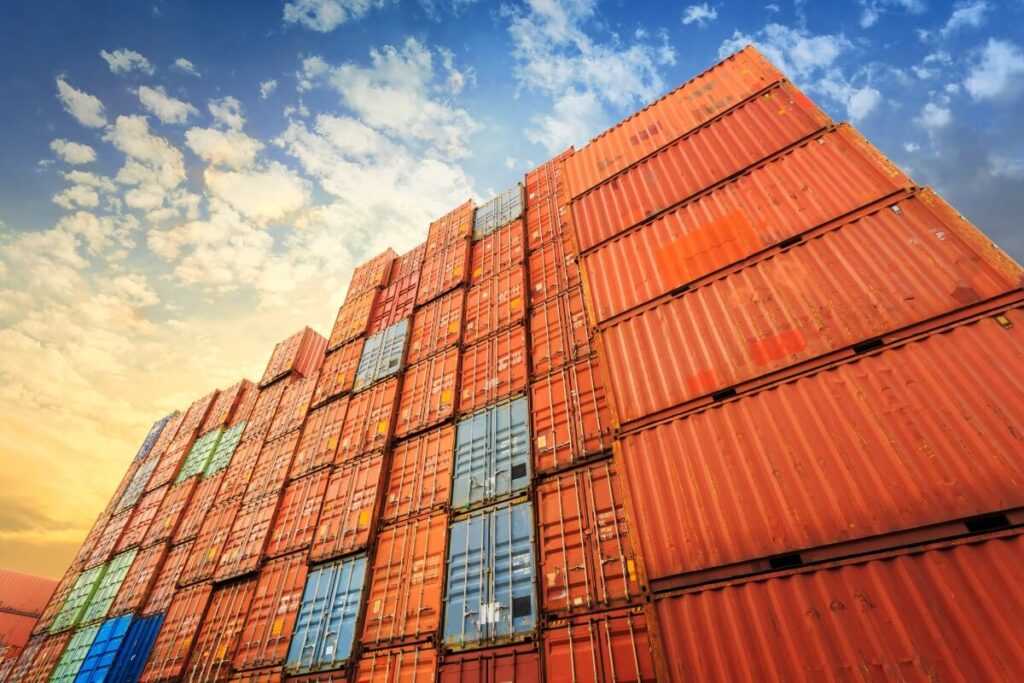In today’s business world, sustainable procurement has changed from a “nice to have” to an absolute “must have. This concept, which seeks to meet a company’s needs for goods or services while minimizing its impact on the environment, is indispensable for companies seeking to increase their acceptance with current and future customers. But how does this fit within the Dutch market and how can Xentys support this?

FREE WHITE PAPER
Reduce Total Cost of Ownership (TCO) with the Kraljic Matrix
The Benefits of Sustainable Procurement
Sustainable sourcing offers companies numerous benefits, from creating greater social impact to enhancing corporate image and avoiding ethics, legal and brand image risks. In the Netherlands, where sustainability is an increasingly important issue, companies that implement an active framework for sustainable procurement can stand out and better respond to changing consumer preferences. Xentys, with its expertise in procurement and supply chain management, can support Dutch companies in developing and implementing sustainable procurement strategies that not only save costs but also contribute to a positive social impact.
Three Pillars of Sustainable Procurement
Sustainable procurement rests on three pillars: economic, environmental and social. For Dutch companies, this means justifying costs from the outset, minimizing environmental impact and complying with local laws, and making contributions to social goals within the framework of sustainable procurement. Xentys helps you as a company integrate these pillars into your purchasing strategies, ensuring that you are not only compliant with legislation but also socially responsible. See our about us page for more about our approach.
"Sustainability and procurement are inextricably linked. By purchasing smartly and strategically, organizations can not only benefit financially, but also contribute to a better world."
Een vooraanstaande inkoopexpert bij Xentys

Free whitepaper
Project Procurement in the Machine Building Sector
Best Practices and Challenges
Building a sustainable procurement practice requires attention to both external and internal factors. Dutch companies must consider challenges such as cost estimates and stakeholder engagement. Xentys offers guidance on evaluating the current setup, creating a policy framework, raising awareness and optimizing collaboration. By working with Xentys, companies can overcome these challenges and develop a sustainable procurement strategy that fits their unique needs and goals.
Sustainable Procurement Requirements
For Dutch companies, sustainable procurement requirements are becoming increasingly important. Leadership and commitment, stakeholder engagement, comprehensive procurement policies, supplier evaluation and monitoring, and training and awareness programs are essential. Xentys can help navigate these requirements and establish a sustainable procurement practice that not only meets today’s standards but is also prepared for the future.
Find a buyer through xentys
At xentys, your experienced procurement recruitment agency, we are happy to help you find the right professional for your procurement team. Send a message today and strengthen your purchasing department.
Procurement and sustainability at xentys
Sustainable procurement is not just a trend but an essential strategy for Dutch companies that want to thrive in an ever-changing market. With Xentys’ help, companies can develop a sustainable procurement strategy that not only saves costs and reduces risk, but also contributes to long-term growth and positive social impact.
News

What is the meaning of SKU?
A SKU, or Stock Keeping Unit, is a unique code used to identify a specific product that is in stock. This alphanumeric code is indispensable for inventory management and logistics operations, as it allows products to be tracked and managed. SKUs can contain information about a product’s attributes, such as

What is meant by the 80/20 rule?
The 80/20 rule, also known as the Pareto principle, is an economic rule that states that 80% of all results come from 20% of all efforts. This rule was first introduced by Italian economist Vilfredo Pareto, who discovered that 80% of the land in Italy was owned by only 20%

What does 3PL & 4PL mean?
The terms 3PL (Third-Party Logistics) and 4PL (Fourth-Party Logistics) play an important role in supply chain management today. But what exactly do those terms mean? 3PL refers to a logistics service provider that outsources specific logistics functions, such as transportation, warehousing and distribution, to an external party. These service providers

What is a freight forwarder?
A freight forwarder, also known as a forwarding agent, is an essential link in the logistics chain. This party organizes and coordinates the transportation of goods from one location to another. In this context, the necessary means of transportation, such as trucks, ships or aircraft, must be arranged and






